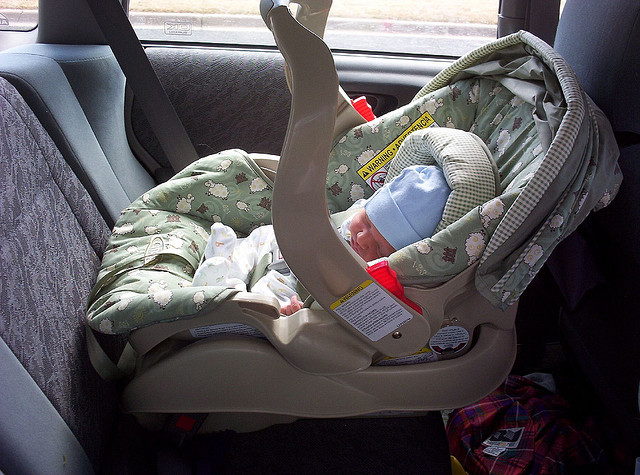Article by Daniel A. Levy, Esq.
I do a lot of New Jersey custody cases, and almost daily fathers ask me how they can get custody of their child back from the child’s mother. Most issues with custody cases are a bit complicated and heavily dependent upon the facts and circumstances of that particular case. But I want to give parents the benefit of some general legal concepts about who gets custody and how to change it.
It is important for people to understand that there are two kinds of custody in New Jersey. First, there is “legal custody,” which basically means who has the right to share in major decisions for the child, who has access to certain records (like medical and school records), and similar things. Second, there is “residential custody,” which refers to the parent with whom the child spends the night for the majority of the time. Very often, people come into my office and say that the other parent “has full custody” or that they “want custody.” And I always clarify this concept for them – when they say, for example, “my child’s mother has full custody and I want custody” what they really mean is that the other parent has primary residential custody and they would like that to change.
It a parent wants to change who has primary residential custody (or change it to a 50/50 situation), they would need to file an application with the family court. Essentially, the court has to determine two things: First, has there been a substantial change of circumstances to warrant a review of custody? Second, is it in the best interest of the child to change custody?
The first question is more important than many people realize. Just because you think that you are the better parent or that you can provide a better life for the child does not mean that the court will consider a custody change. Something significant had to have changed since the last time that the court addressed custody. Whether or not there has been a significant change will depend greatly on the facts of your case.
If you can show that there is a substantial change of circumstances, the court will then hold a plenary hearing to determine whether it is in the child’s best interest to change custody. A plenary hearing is basically a trial – witnesses will testify, experts may be involved, documents and photos may be submitted, and similar evidence will be presented to the judge. And if you are the one who asked for the change, it is your job to prove your case.
In order to determine whether the change is in the best interest of the child, the court will go through several factors that are outlined in the law. Pursuant to N.J.S.A. 9:2-4 the court must consider all of the enumerated factors however the list is not exclusive and courts may consider additional relevant factors. The 14 enumerated factors are as follows: (1) the parents’ ability to agree, communicate and cooperate regarding the child;(2) the parents’ willingness to accept custody and any history of unjustified withholding; (3) the interaction and relationship of the child with the parents and other siblings; (4) history of domestic violence; (5) safety of the child and/or either parent from physical abuse by other parent; (6) preference of child of sufficient age and capacity; (7) needs of the child; (8) stability of home environment; (9) quality and continuity of child’s education; (10) fitness of parents; (11) geographical proximity of parents’ homes; (12) extent and quality of time spent with child both before and after separation; (13) parents’ employment responsibilities; and (14) age and number of children. Not all of these factors will apply in all cases. And the judge does not have to give all of the factors equal weight. The judge could consider any one or two of these factors as much more important than the others.
As you can see, this is not a very simple process. Often, parents think that they simply need to explain to the judge how much better their house is or how much better of a parent they are and the judge will give them custody. Not so. Most of these cases are difficult and could go in either parent’s favor. And that is why we always recommend that a parent who wants to change custody retain a skilled family law attorney.
